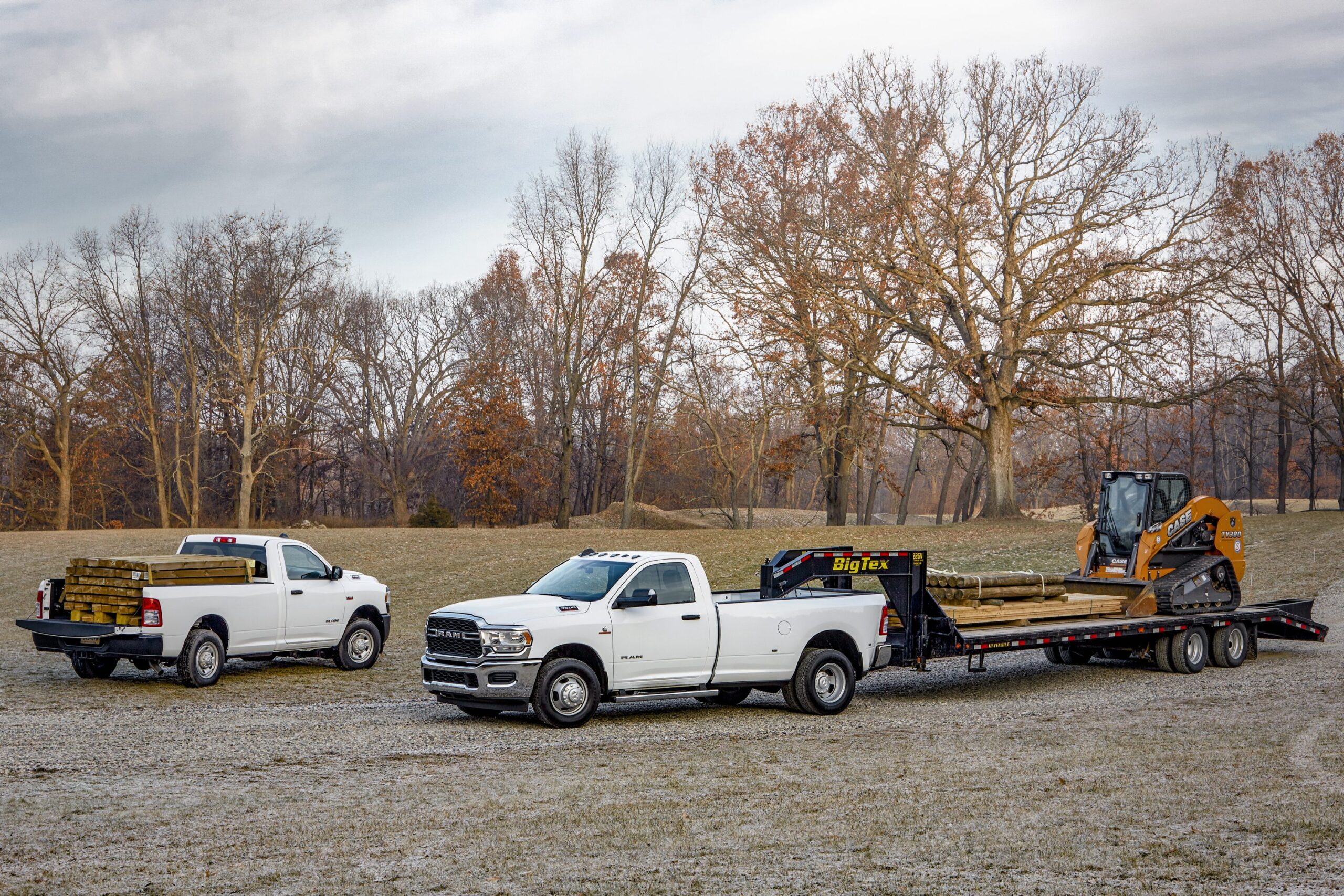In the realm of transportation and logistics, it is natural to question whether longer trucks can indeed enhance towing capabilities. With the constant advancement in automotive technology, the potential benefits of longer trucks have increasingly piqued the curiosity of industry experts and enthusiasts alike. This article aims to explore the compelling question of whether longer trucks could potentially offer improved towing capabilities, providing a comprehensive understanding of the factors at play in this intriguing topic.
Factors affecting towing performance
When it comes to towing performance, several factors come into play. Each of these factors can significantly impact how well a truck is able to tow a trailer. Understanding these factors is crucial for ensuring a safe and optimized towing experience.
Weight distribution
One of the key factors that can affect towing performance is the distribution of weight. Proper weight distribution is essential to maintain stability while towing. When the weight is unevenly distributed, it can lead to swaying and instability, making it more challenging to control the trailer. To achieve optimal weight distribution, it is important to distribute the weight evenly between the truck and the trailer, ensuring that it is within the recommended limits specified by the manufacturer.
Trailer length
The length of the trailer also plays a significant role in towing performance. Longer trailers tend to offer increased stability due to their extended wheelbase. This enhanced stability can be particularly beneficial when traversing uneven or winding roads. Additionally, longer trailers often provide a larger cargo capacity, allowing for the transportation of greater loads. However, longer trailers may also present certain disadvantages, including increased difficulty in maneuvering and a higher risk of rollovers, as we will discuss in greater detail later in this article.

This image is property of drivinvibin.com.
Truck size
The size of the towing truck is another critical factor to consider. A larger truck generally has a higher towing capacity and can handle heavier loads more effectively. The engine power of the truck should also be considered in relation to the weight of the load being towed. An adequately sized truck with a robust engine can provide the necessary power and torque to tow heavier loads without straining the engine or compromising safety.
Tire grip
Tire grip plays a vital role in ensuring stability and control while towing. Proper tire grip helps to maintain traction on the road, preventing skidding and sliding. It is important to choose tires specifically designed for towing, as they are engineered to provide optimal grip and performance. Additionally, regular tire maintenance, including proper inflation and tread depth checks, is essential to ensure the tires are in good condition and can provide the necessary grip for safe towing.

This image is property of i.ytimg.com.
Suspension
The suspension system of both the towing vehicle and the trailer plays a significant role in towing performance. The suspension helps absorb shocks from the road, minimizing vibrations and bounce. A well-functioning suspension system is crucial for maintaining control and stability while towing. Depending on the size of the load and the type of trailer, upgrades or adjustments to the suspension system may be necessary to ensure optimal towing performance.
Braking systems
Having a reliable braking system is paramount when towing. The weight of the load being towed increases the braking distance required to come to a stop. Therefore, it is crucial to have powerful brakes capable of effectively stopping the combined weight of the truck and the trailer. There are different types of brakes available, including electric brakes, hydraulic brakes, and surge brakes, each with its advantages and considerations. It is also important to install a brake controller to regulate and synchronize the braking force between the towing vehicle and the trailer.

This image is property of i.ytimg.com.
Engine power
The power of the towing truck’s engine greatly influences its towing capacity. Matching the engine power to the load being towed is essential to ensure optimal performance. Insufficient engine power can lead to excessive strain on the engine and decreased towing ability. Depending on the weight of the load, a larger engine may be necessary to provide the necessary power and torque for efficient towing. Additionally, heavy towing often generates more heat, requiring suitable cooling systems to prevent engine overheating.
Transmission
The type of transmission in the towing vehicle is another factor to consider. Automatic transmissions are generally more popular due to their ease of use and ability to adapt to varying driving conditions. However, manual transmissions allow for more precise control, especially when traversing hilly terrains or steep grades. Regardless of the type of transmission, it is important to choose a vehicle with a transmission designed to handle the demands of towing and to regularly maintain and service the transmission to ensure optimal performance.

This image is property of www.rvforum.net.
Aerodynamics
Aerodynamics can have a significant impact on towing performance, particularly at higher speeds. The design and shape of both the towing vehicle and the trailer can affect their resistance to wind, thereby influencing fuel efficiency and stability while towing. A more streamlined design can reduce air resistance and improve overall fuel economy. However, longer trailers may be more prone to catching crosswinds, potentially affecting stability. Finding the right balance between aerodynamics and stability is crucial for optimal towing performance.
Road conditions
Lastly, the road conditions on which the towing takes place can greatly affect towing performance. Different terrains, such as gravel, snow, or steep inclines, present unique challenges that must be considered. Towing on uneven or slippery surfaces requires extra caution and may necessitate adjustments to driving techniques. Furthermore, weather conditions, such as heavy rain or strong winds, can significantly impact towing stability and visibility. Careful route planning, taking into account the road conditions and potential challenges, is necessary to ensure a safe and smooth towing experience.
Overall, the factors mentioned above all contribute to the towing performance of a truck. Understanding and addressing these factors are essential to optimize performance, enhance safety, and achieve efficient towing results. Whether it is weight distribution, trailer length, truck size, tire grip, suspension, braking systems, engine power, transmission, aerodynamics, or road conditions, each factor deserves careful consideration to ensure a successful towing experience. By taking these factors into account and making informed decisions, you can maximize your towing capabilities while minimizing risks and challenges.

This image is property of www.hollywoodtowing.com.
